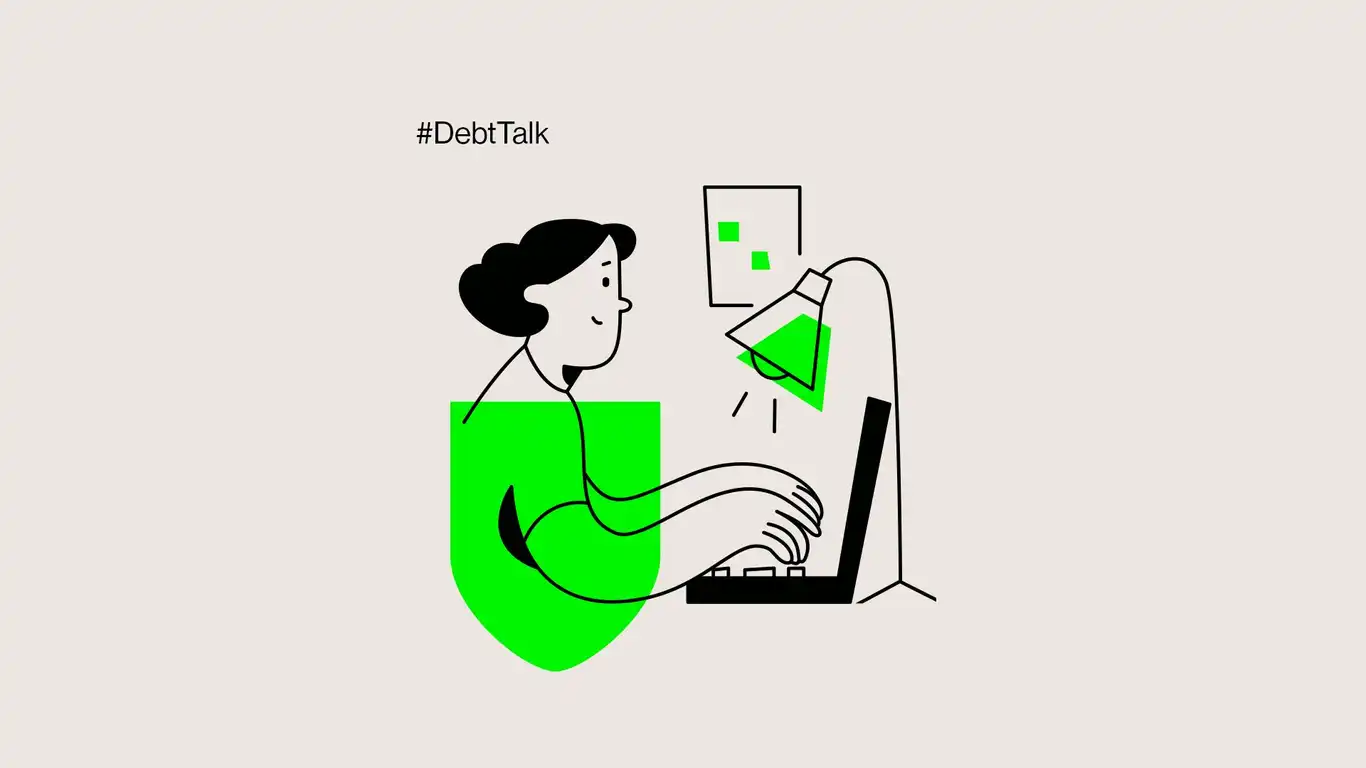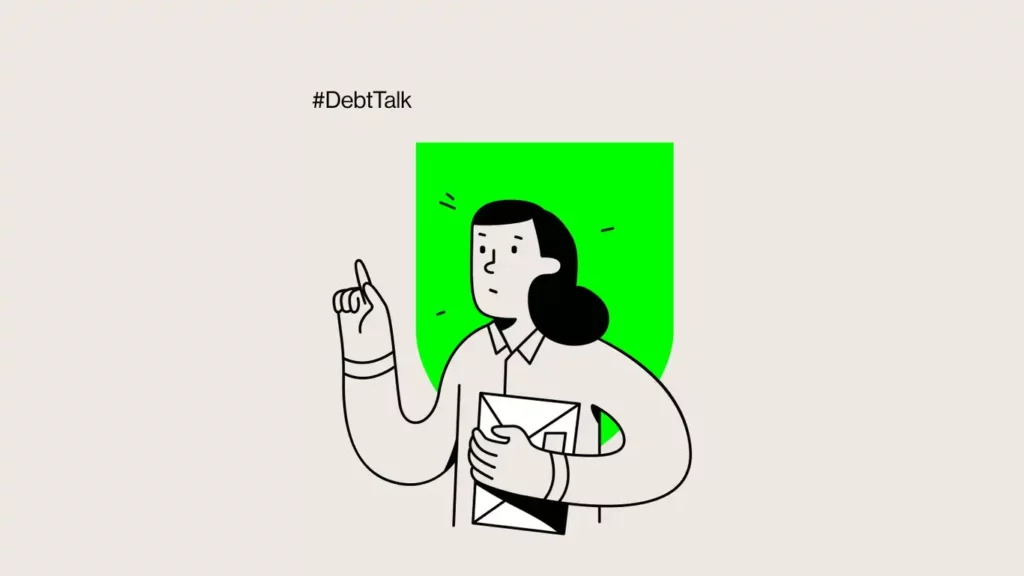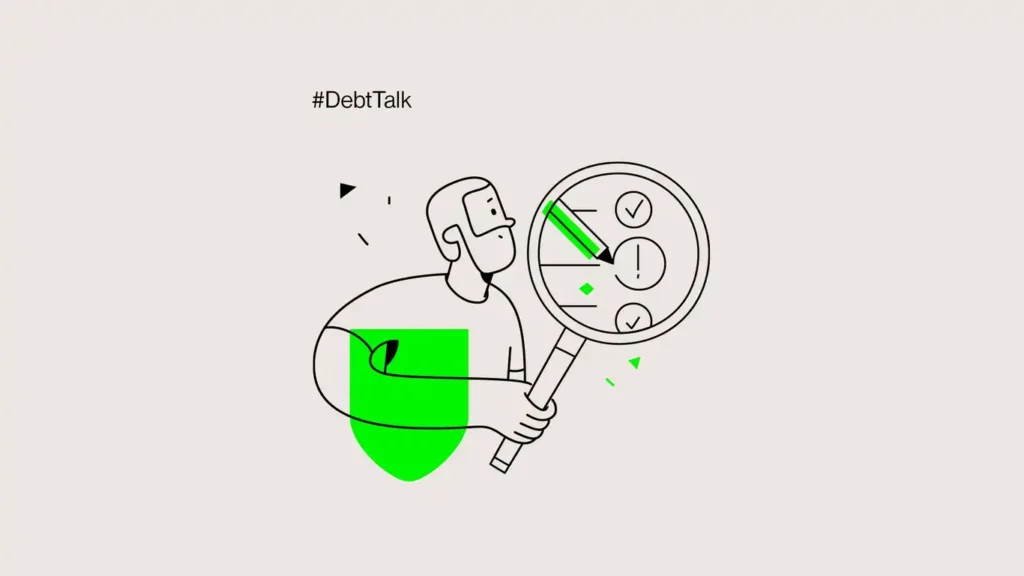Many New Zealand companies, large and small, are unsure about the best way to deal with bad debt, especially with the recent addition of new regulations and guidelines around lending. To help businesses navigate the new rules, we’ve compiled a list of questions and answers we think you’ll find valuable.
Should we manage our bad debt internally?
Good question, but it raises others. For instance, is any member of your team trained in debt recovery, can they allocate significant time managing debtors and importantly, are they up-to-date with CCCFA regulations and other industry guidelines that have been tightened recently? The answer is probably no to all these questions. So, an experienced third party will obviously bring expertise, dedication to the task and mitigate risks.
If you pay someone else to recover your bad debts, won’t that mean you’ll ultimately receive less?
Not necessarily. The pros of engaging an expert far outweighs the cons. Especially when you consider that a significant amount of bad debt and delinquent receivables is eventually written off and add in the cost of managing collections. So receiving an upfront cash amount is always better than nothing. But until recently, both corporates and small to medium enterprises have had little choice in terms of who and how they chose to collect debt.
What’s the difference between a debt collector and a debt purchaser?
Debt collection agents collect debt on your behalf but only deliver your percentage once they’ve recovered it. They have the experience and long-standing, mostly automated systems in place. However, one of the risks for businesses is how the money is collected. That’s because collection agents seek to recover the money fast and often add punitive fees to your customers (up to 40%), which they retain. This short-term approach can pile stress on top of customers who are already under financial stress, making it harder and taking longer to repay the original debt. Plus there could be damage to your brand’s reputation. The alternative is selling your debt to a debt purchaser like DebtManagers.

What are your options when selling debt?
DebtManagers has proven strategies and systems in place, but because we purchase your bad debt book in full for an upfront cash price, we’re able to take the time to rehabilitate your customer. We never add fees or hefty interest rates, but instead create sustainable repayment plans that use the personal touch, not automated strategies. It works and continues to work successfully for our corporate clients like telcos, utilities, consumer finance and insurance organisations, as well as for small-to-medium enterprises like building companies and trades. Longer-term processes like ours mitigate the risk of reputational harm and legal non-compliance because it’s fairer, all while providing you with upfront financial certainty. When you decide to sell your debt is entirely up to you, DebtManagers is flexible. You can sell before external collections or after, ultimately it’s a question of what’s best economically and for your customer.
Is it worth selling the entire debt book?
So how much should we sell our debt for, is it a competitive price, and when do we receive payment? Well, our extensive industry experience means our team uses intelligent analytics to determine a fair price for the debt. Yes, what we offer is competitive and bespoke to your business. We draw on our extensive knowledge of collections in your specific industry, as well as considering a range of factors since the last payment. As mentioned, we’re flexible and open to buying your debt at any age and stage, both before and after the amount owing has been assigned to other debt collection practices. This gives your company financial certainty and brings aboard an end-to-end debt management process that removes the hassle and worry from your own team.




